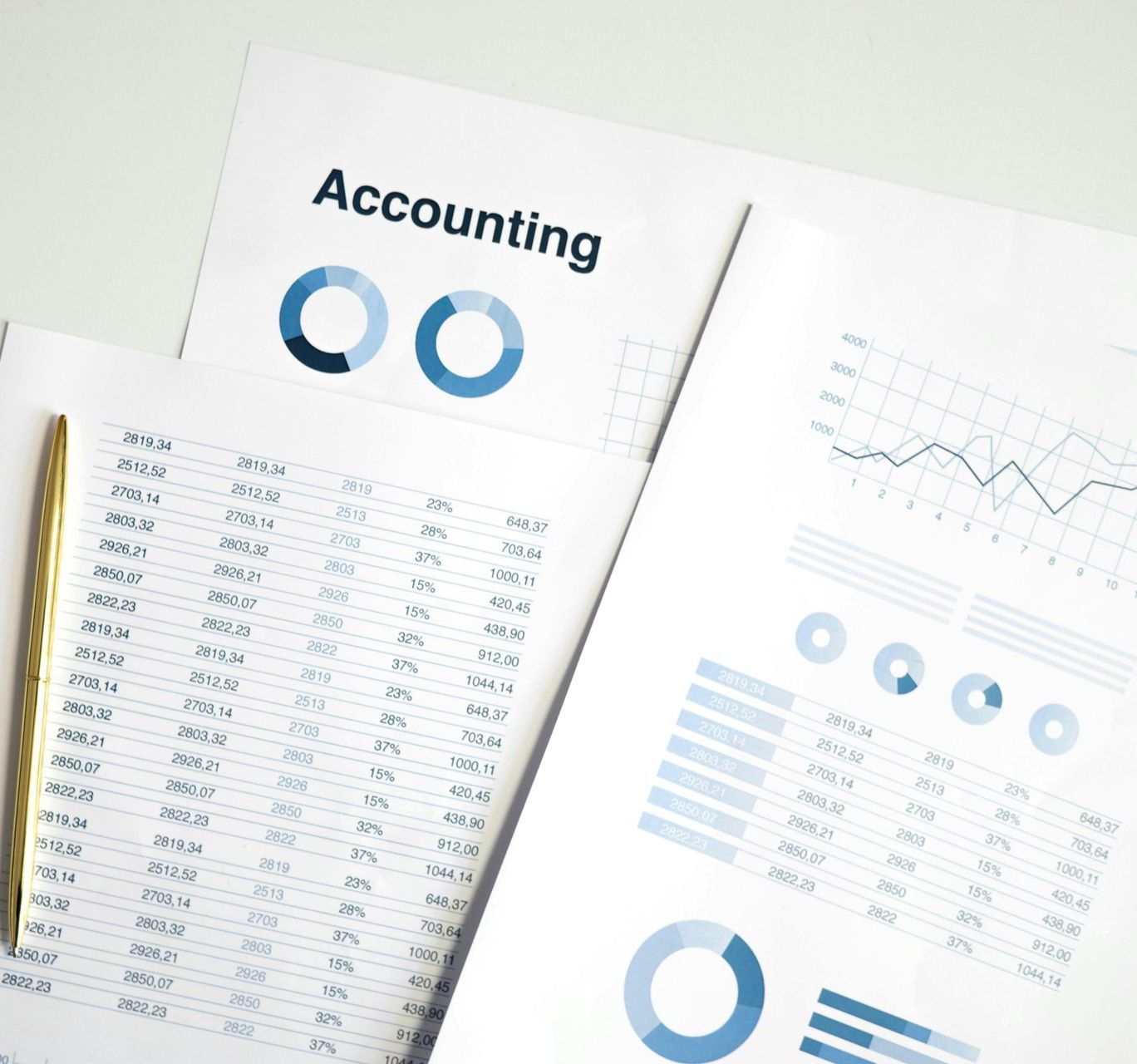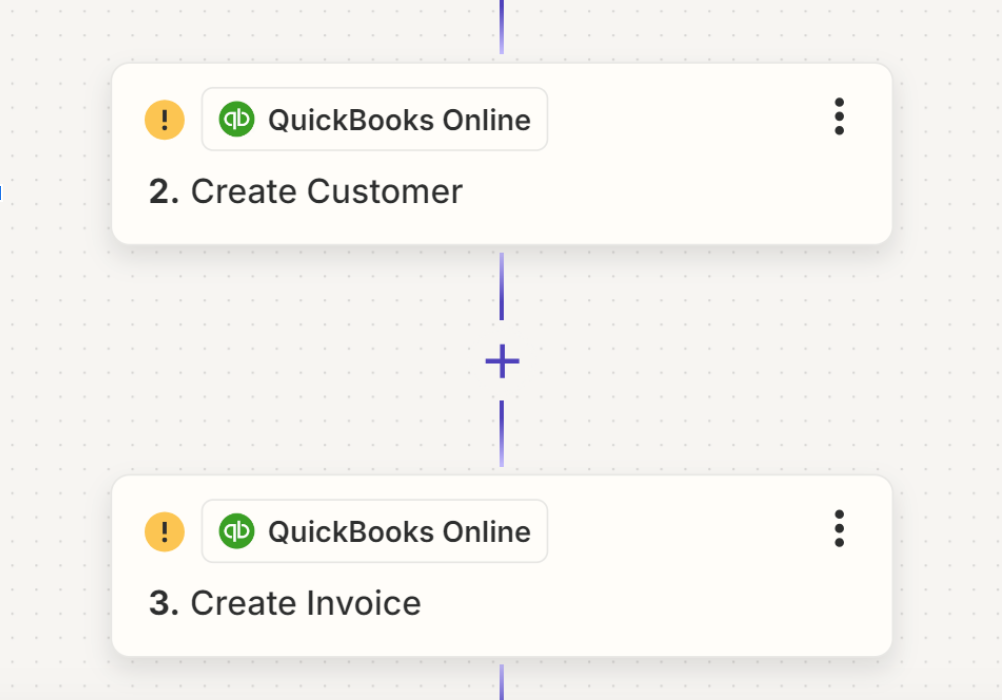Cash vs Accrual Accounting
Cash and accrual accounting are two types of financial reporting methods, and their difference lies mainly in how they recognize revenue and expenses. Cash accounting records revenue and expenses when a payment is made or received, while accrual accounting records them when they have been earned or incurred.
What is Accrual Basis Accounting?
Accrual accounting records revenues and expenses as they are incurred. This is important from a sales reporting perspective because as a client may not collect on all of their sales as they happen, and they can gain a history and reporting of their sales when they happened, as opposed to when their customer ends up paying. This approach provides a more comprehensive view of an organization's financial position by reflecting the complete financial picture, including transactions that have been initiated but not yet settled. Financial statements, such as the income statement and balance sheet, are based on accrual accounting and provide a comprehensive overview of an organization's operations and financial standing.
Pros of Accrual Accounting
At GrowthLab we recognize the many pros of accrual accounting and how they benefit our customers that partake in Accrual Accounting. Using accrual accounting insights, you can keep tabs on your business’ financial health and stay in forward motion. You can make predictions about the value, growth, and potential revenue of the business.
Accurate Financial Picture
Accrual accounting provides a more accurate representation of a company's financial health and performance. It shows the reality of transactions, showing income and expenses when they are earned or incurred, rather than when cash changes hands. This gives a better sense of a company's profitability and financial position.
Long-Term Financial Planning
Accrual accounting allows businesses to better plan for the long term. Since it captures both current and future obligations, it helps businesses anticipate upcoming expenses and liabilities. This aids in making informed decisions regarding investments, loans, and other financial commitments.
Cons of Accrual Accounting
Though we appreciate accrual accounting as anything it has some cons. It can be hard for some small business owners to use and has some other challenges that a business may come by.
Challenging to Understand
It can be challenging for some businesses to use accrual accounting because it is not as straightforward as cash accounting may have been for one's company considering there are more rules and operations to go along with. There is also more future planning that goes into accrual accounting.
Hard to Switch Over
Some may also find themselves having a hard time switching to accrual accounting after using cash or other forms accounting for a while, it can be especially hard when having cash flow issues from previous ways.

What is Cash Basis Accounting?
Many of our small business clients use cash accounting, where revenues and expenses are recorded as cash is exchanged. Cash accounting is more straightforward and works best for businesses with simpler operations Cash accounting records revenue and expenses when a payment is made or received, while accrual accounting records them when they have been earned or incurred. This can have significant implications for business finance and reporting.
Pros of Cash Accounting
As many businesses still use cash accounting today, there are many pros to cash accounting specifically for those smaller businesses.
Easy to Use
Cash accounting is an easy method of accounting, it can be easier to navigate and for a business to maintain especially those that are small. A business does not have to do as much planning with cash accounting either which leaves space for other tasks.
Clear View of Current Funds
Cash accounting lets your business easily understand how much funds you have in the present. It gives you an accurate statement which resembles exactly what you have in your business hand at the moment. This can be very convenient for a business.
Cons of Cash Accounting
Though cash accounting can be easier, it has some downsides especially for those with larger business.
Skewed Representation
Cash accounting does not account for transactions that have been initiated but not yet completed, potentially leading to a skewed representation of an organization's financial health. This can leave many businesses blind to how future finances will look, having a negative effect on the business.
You Can’t Always use Cash
Cash accounting does not show the full reality of your finances either, which can have an impact on a business. Not all businesses can use cash accounting as well in certain circumstances. You cannot use the cash method if your business keeps inventory, is a corporation, or has gross receipts in excess of $26 million per year.
Which Method Should My Business Use
Large corporations often rely on accrual accounting to present a comprehensive view of their financial activities, while small businesses and individuals may opt for cash accounting due to its simplicity and immediate insights into cash flow.
The decision between cash and accrual accounting depends on various factors including the nature of your business, its size, industry practices, tax implications, and your long-term financial goals.
Whichever feels best for your business and circumstances is what you should follow because both can provide benefits for a business.
It's recommended to consult with an
accountant or financial advisor who understands your specific business situation. They can provide personalized advice based on your goals and circumstances to help you make the best decision for your business.
Accounting Pricing
Monthly Accounting
$500
Full-Stack Accounting
$1,250
Other Blogs Related to Small Business Accounting






